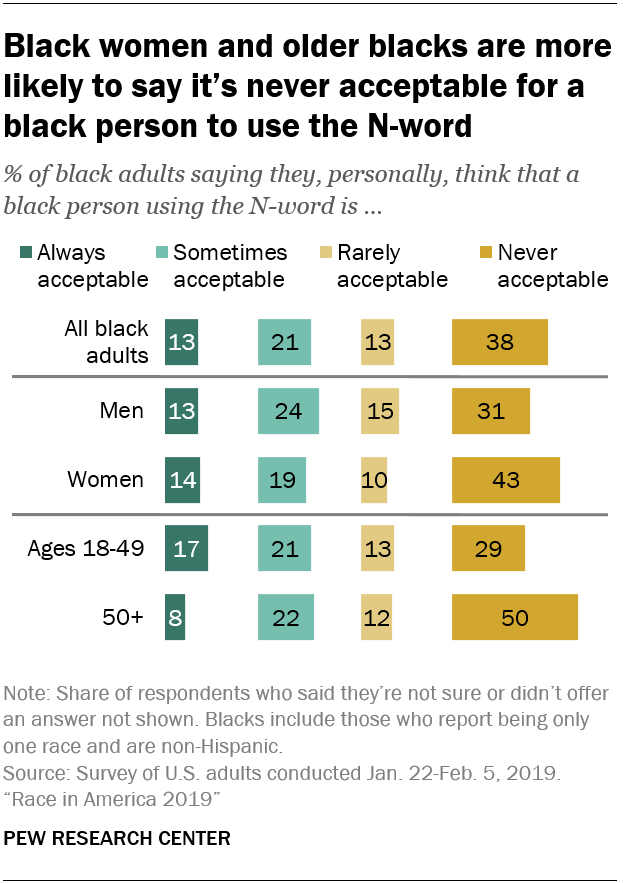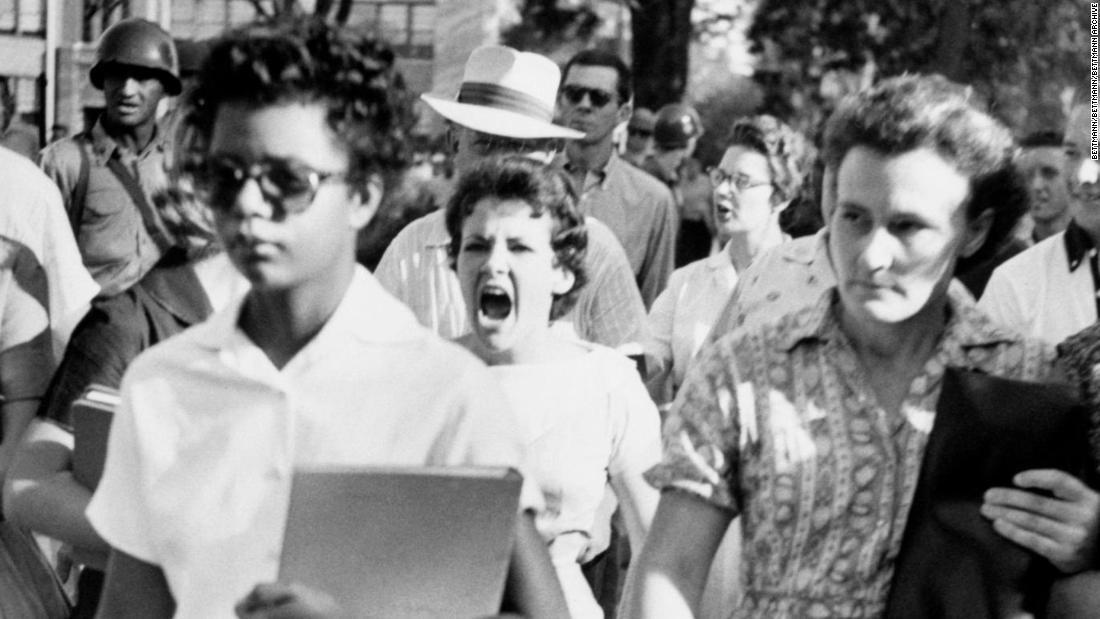Can Mexicans Say The N-Word? A Cultural Perspective
Can Mexicans use the "n-word"? The answer, as with most questions concerning race and language, is complex, multifaceted, and often deeply divisive, yet a nuanced understanding of the issue is possible.
The query, seemingly simple, ignites heated debates that often unearth deeper fissures in our understanding of race, identity, and the evolving nature of language. It's a question that, at its core, demands an exploration of history, culture, and the shifting sands of social acceptance. While the "n-word" itself carries a heavy weight, the context surrounding its use the speaker's identity, their relationship to the Black community, and the intent behind the utterance are crucial factors often overlooked in the heat of the moment. The history of the word is inextricably linked to the history of slavery, oppression, and systemic racism in the United States. It was weaponized to demean, dehumanize, and terrorize Black people for centuries. Its legacy is one of pain and suffering, making its casual use by non-Black individuals a particularly sensitive issue.
To comprehend this issue further, let's examine key figures and perspectives that shape the conversation.
| Aspect | Details | Source | |
|---|---|---|---|
| Key Figure | Randall L. Kennedy | A prominent legal scholar and professor at Harvard Law School, Kennedy's work often delves into the complexities of race and law. | Harvard Law Faculty Profile |
| Notable Work | Kennedy's exploration of the "n-word" within the framework of race relations and American politics is crucial. His book, often cited, provides in-depth analysis. | Consult various legal databases for reviews and analyses of Kennedy's publications. | |
| Central Argument | Kennedy considers the "n-word" a key term in the lexicon of race relations and an important concept in American politics. His work highlights the multifaceted nature of its usage. | Refer to Kennedy's publications and analyses of his work for further context. | |
| Cultural Context | The use of the "n-word" varies across different cultural landscapes. Some communities, especially within the African-American community, have reclaimed the term. | Studies in cultural linguistics and sociolinguistics provide insight. | |
| Historical Background | The term's history is rooted in slavery and oppression, making its usage contentious. Understanding this historical context is vital to the conversation. | Historical archives, specifically those documenting the period of slavery and Jim Crow, are fundamental. | |
| Legal Implications | The legal ramifications of using the word, particularly in contexts of hate speech and discrimination, are significant. | Legal journals and case law databases that cover hate speech and discrimination law. | |
| Societal Views | Public opinion and societal norms regarding the use of the "n-word" can greatly affect the context in which it is delivered. | Polling data and sociological surveys concerning race and language use. |
The genesis of this complex discussion is not easily traceable to a single event or a singular point of origin. As with other matters pertaining to Black and Brown identities, it exists within a complex web of historical narratives and evolving social dynamics. A cut-off year of 1865 the year the Civil War ended and slavery was officially abolished in the United States might be used to determine who cannot say the word. Based on that, people from many countries like Brazil, the Congo, Peru, Malaysia, Hong Kong, Burma, Sierra Leone, Japan, Germany, Saudi Arabia, Yemen, India, and Mauritania wouldn't be able to use the word, since slavery was not a common practice in those countries.
The argument, at times, circles back to the assertion that its not the word itself that's racist, but rather, how it is used. This perspective acknowledges that African Americans often use the word amongst themselves, in ways that can be seen as a form of endearment, camaraderie, or reclamation. However, the act of reclaiming the word by a specific community does not automatically grant universal permission for its use, and in no way negates its historical context of oppression.
The complexities surrounding the use of the n-word are further complicated by the intersection of race and ethnicity. The debate often focuses on who is "allowed" to use the word and under what circumstances. For instance, Mexicans, who may or may not identify as "white," can find themselves in a grey area. In certain settings, especially in areas with significant Latino populations, like Houston and New York, it is not uncommon to hear the term being used. Some Latinos feel they have earned the right to use the term due to their shared experiences with racism and oppression, or because of their proximity to and relationships with Black communities. Others, however, recognize that it is not their word, and they are careful to avoid using it, even if it's used by the Black people in their social circles.
The concept of "cultural literacy" also plays a role in the ongoing dialogue. Knowledge of the word, its origins, and its evolution within the context of race relations is essential. However, this understanding does not automatically equate to permission to use the word. One might know the definition of a word, but still not have the right to use it. This is especially true when the word carries such a strong weight of historical and cultural baggage. For many, education and understanding are crucial steps toward having a nuanced discussion about the word, but it is not a free pass.
This topic often exposes the underlying racism within society. It underscores the fact that language is fluid, ever-changing, and deeply intertwined with power dynamics. To use the word with the intention of insulting, hurting, or demeaning another person is undeniably racist, regardless of the speaker's racial identity or ethnicity. It is a harsh reality that, even with the education that can sometimes dilute the word's power, the consequences can be devastating. Ultimately, the decision of whether to use the word or not is a personal one, but should be made with an awareness of its history, its power, and the potential harm it can cause.
The impact of the "n-word" is not consistent across all communities. For some, particularly those with a historical and societal link to the word, it may be acceptable in certain environments. For others, its use is strictly prohibited, no matter the context. The usage of the word, whether in Reggaeton, Latin trap, or other contexts, will always be debated, and its significance and impact is a sensitive issue.
The rise of media and the internet has also significantly impacted the conversations surrounding this controversial word. The ability to share information, express opinions, and engage in debates about the word has created a highly polarized environment where deeply held beliefs are often challenged. Those on either side of the debate have utilized these platforms to champion their views, adding to the complexity of the debate. The prevalence of the word in music, entertainment, and social media creates a sense of normalization. However, this normalization doesn't equate to acceptance or permission for everyone. It's important to remember the context and intent behind the word, along with the long history of injustice it embodies.
The controversy surrounding the n-word is a reminder that language is not just a means of communication, it is also a powerful tool for expressing identity, power, and social dynamics. As society continues to evolve, so too will our understanding of these complex issues. It is crucial to approach these discussions with sensitivity, a willingness to learn, and a commitment to respecting the perspectives of others.


